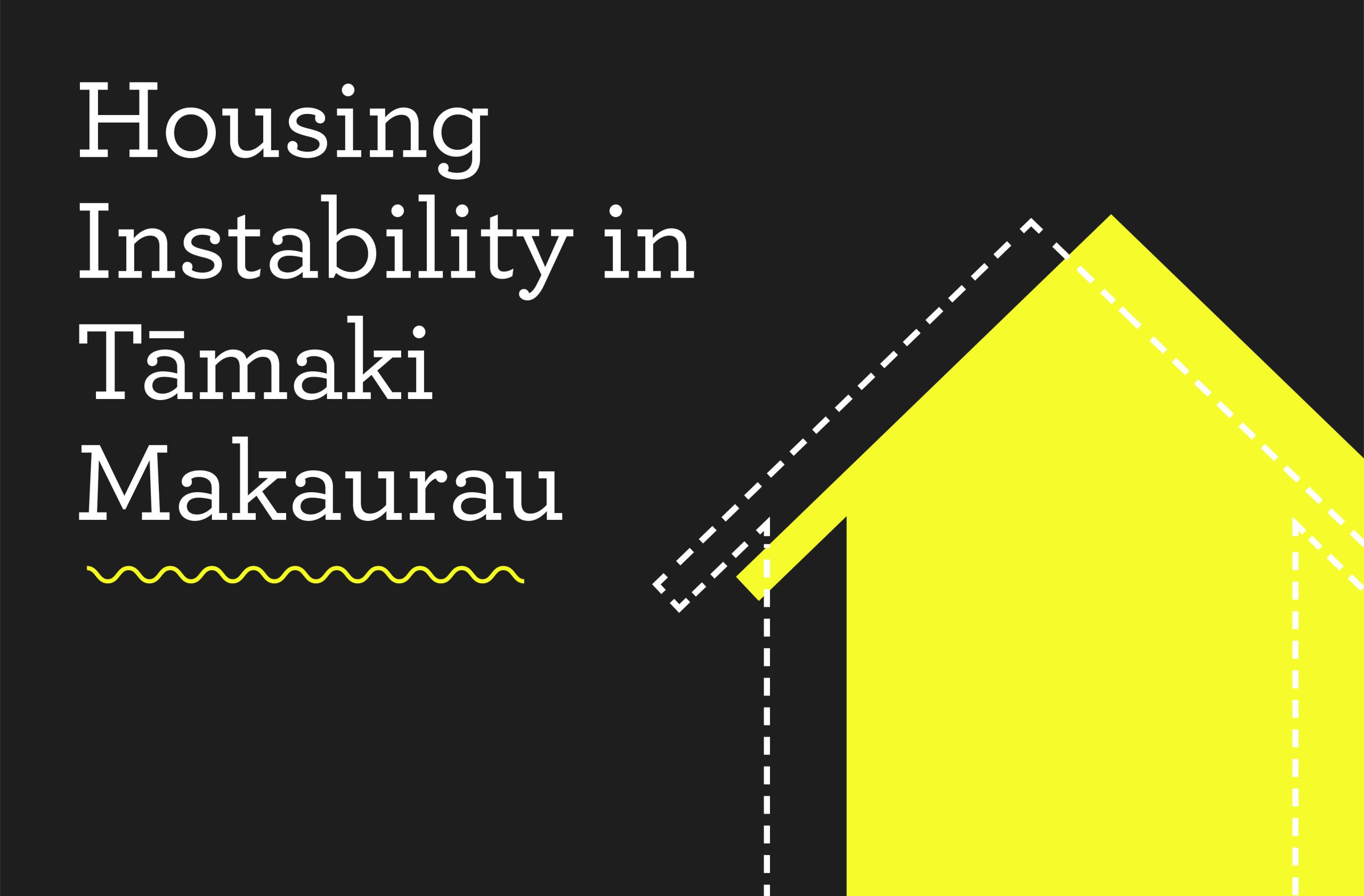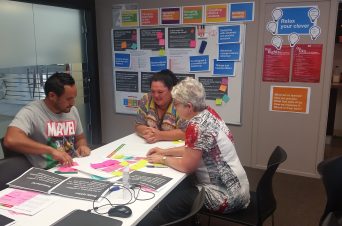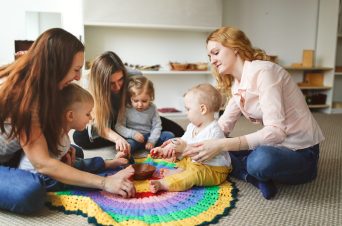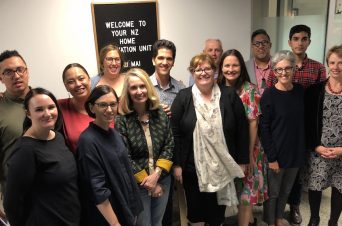
Single mothers’ journeys reveal a broken housing system
news | 20 Sep 2018
A new report reveals deep gaps between housing support services, and shines a light on opportunities for system-level change.
Increasingly unaffordable house prices and a highly competitive rental market means that thousands of families are without a safe and stable home. In response to this growing issue, Auckland Council commissioned Innovation Unit Australia New Zealand to understand peoples’ experiences of housing instability to inform a cross-sectoral homelessness plan for Tāmaki Makaurau (Auckland).
Auckland Council asked the team to focus specifically on single mothers and their children as this group are known to be particularly vulnerable to intense housing instability.
To understand their journeys, we focused on three key areas:
- What triggers single mothers to lose their home?
- What gets in their way, or helps them to find and secure a home?
- What impact does this experience have on them and their children?
The overwhelming response was that the housing system makes it incredibly difficult for single mothers to find a safe and stable home for their family. Although these mothers demonstrated resilience and determination to better their situation for their children, they were met with discrimination, road-blocks, catch-22 situations and huge workloads in order to receive any support.
We also learnt that the mothers:
1. Had to make difficult parenting, financial, and well-being decisions with little – or conflicting – information. Mothers were frustrated by how difficult it was to find out what support they were entitled to, and how long they would have to wait for a social house. They were often passed between organisations or told different things by different people. To further complicate the difficult decisions they had to make for their families, mothers explained that options that were better for their children often came at the cost of their own well-being. An example included a mother having to choose between staying in her car over winter where she could guarantee a loving environment for her baby, or going back to an abusive partner to have a roof over her head.
2. Learned to distrust support services when they asked for help and were turned away. Mothers saw turning to formal support services as a last resort, and if they were treated poorly or didn’t meet support criteria the first time and place they asked for help, they learned to fear and avoid services. Instead of seeking formal help again, some mothers went without food for them and their children, got into debt, and stayed in unhealthy and unsafe environments.
“When you swallow your pride and go and ask for help only to get a no from everyone, it really pushes you back…Sometimes you’d rather starve and go hungry than be treated like that and looked down on.”
3. Often had to lie to provide for their families. When mothers did not meet support criteria at a range of organisations, they were encouraged by friends, colleagues, and front-line staff to ‘stretch the truth’ to get the support they needed. Lying also proved necessary in the private rental market to get around barriers such as not having a past landlord reference.
4. Felt that the emotional, time, and financial cost of formal support sometimes outweighed the benefit. Mothers described the sheer workload of coordinating multiple support agencies at once, and catch-22 situations caused by gaps between different organisations’ support criteria. An example was a mother leaving her home to seek safety at a Women’s Refuge from a violent partner. When the refuge wouldn’t take her older son who was over the age limit, he was taken by Oranga Tamariki. The mother was then deemed as a lower priority on the Social Housing waitlist as her child was no longer in her care, but she couldn’t get him back without providing a home for him.
“I was interacting with 12 agencies at once. It was overwhelming, but I was scared to let go of one in case they said I was unfit to be a mother.”
The report also shows three different mothers’ housing journeys, a summary of key barriers and enablers throughout the housing process, and the impact of these experiences on single mothers and their children.
Read the full report here.

Healthy Families New Zealand
19 Feb 18

Harekeke: Parents for Parents
Harakeke – Parents for Parents has been enabling parents of children under five to support each other to be the best parents they can be for over two years.
25 Oct 16

Merger with NZ social change agency Innovate Change
On 1 July 2018, Innovate Change will merge with Innovation Unit, a not-for-profit social enterprise that creates new solutions for thriving societies.
08 Jun 18